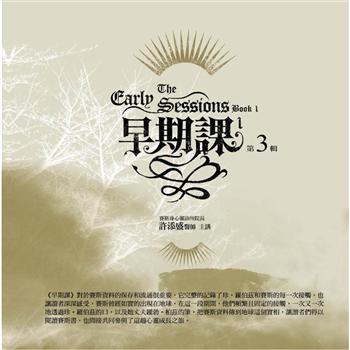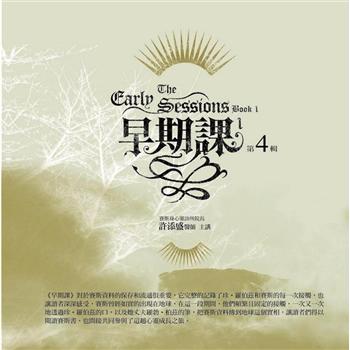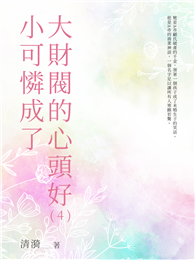Ranging from African initiation rituals to Japanese anime, and from sex in virtual worlds to Schubert songs, Henrietta Moore focuses on how best we might approach the relationship between critical thought and politics, as well as the dynamics of intimacy and meaning in contemporary cultural and social life.
In this challenging and philosophically minded enquiry, she demonstrates the limits and dangers of the dialectics of subjugation and resistance which have dominated social science thinking in the recent past. By taking up what we might mean by, and what we can learn from, the analysis of hopes, desires, and satisfactions, Moore provides alternative ways of approaching some of the major challenges facing social theory. Developing a theory of the ethical imagination, she explores how ideas about the human subject, and its capacities for self-making and social transformation, should underpin new theoretical thinking in the social sciences.
Still Life explores how the ideas of social analysts and ordinary people intertwine and diverge, and argues for an ethics of engagement based on an understanding of the human need to engage with cultural problems and seek social change.












